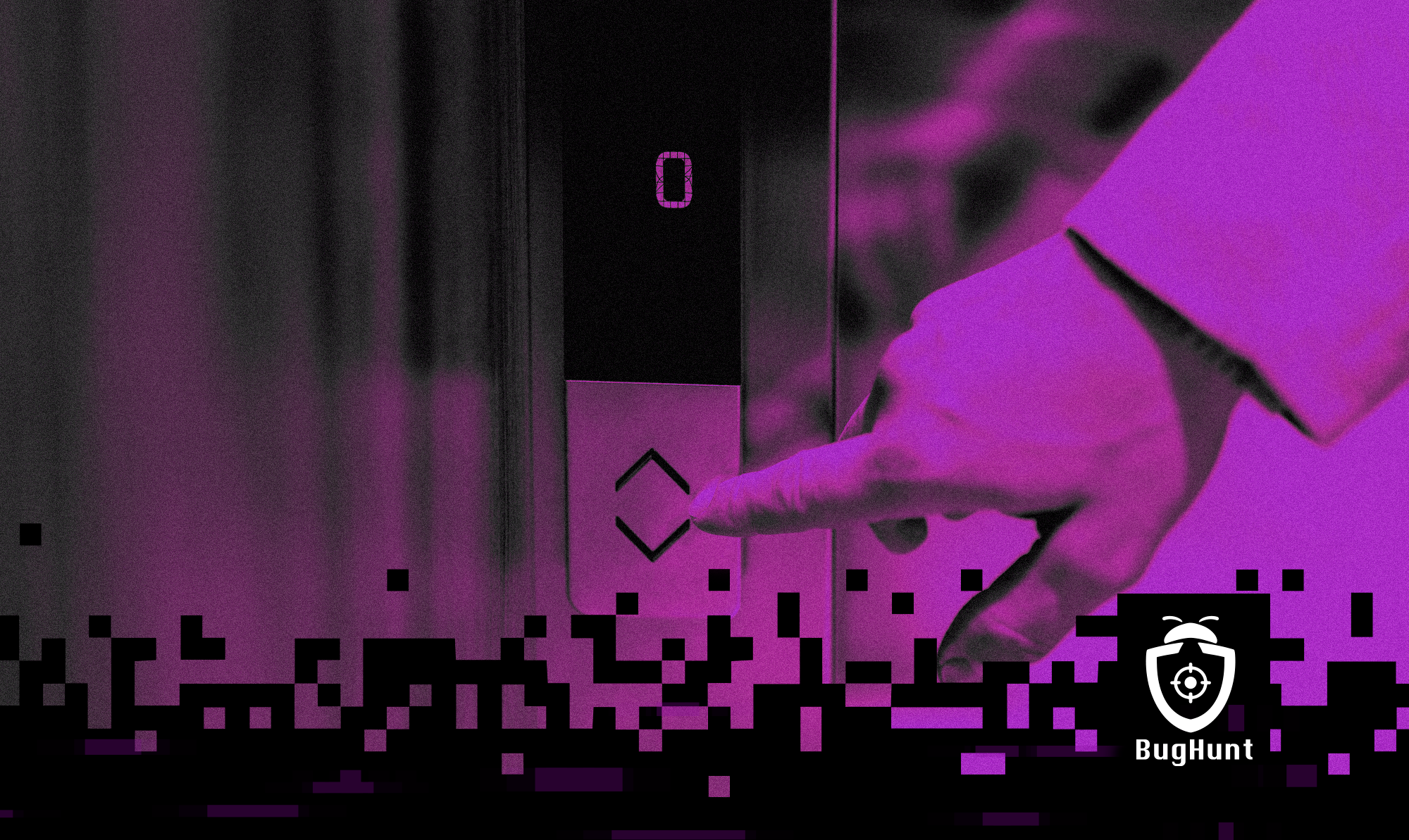Why apply the Zero Trust concept in information security?

As technologies become more advanced and sophisticated, new formats and resources for protecting networks and systems are required by companies. In this context, the Zero Trust concept was created.
This is an architecture developed to further complicate access to confidential data of the company, institution, or even clients.
In Zero Trust, as the name suggests, the idea is to have zero trust. No user is trusted until proven otherwise.
However, what are the effective benefits of this type of strategy? Continue reading to find out why and how to apply this concept to your company's information security strategies.
What is Zero Trust?
Zero Trust is a preventive strategy aimed at complete protection of networks and systems to prevent access to company data.
It was first applied in 2010 by an analyst at Forrester Research. And, despite being developed over a decade ago, it aligns well with the current data protection needs.
The concept arises from the understanding that one of the biggest vulnerabilities in cybersecurity is the human factor. Many companies place trust in users and devices, which leaves data unprotected.
The Zero Trust architecture is a cybersecurity concept that mandates authentication and authorization for all users. In other words, never trust profiles until they are properly verified.
This strategy allows the company applying it to grant access only to essential content for each user's work or activities, without providing access to other data, spaces, or documents.
Additionally, under the Zero Trust concept, the company's IT team reviews network traffic and other actions. This provides the company with insights into user actions, their locations, and data.
Why is the Zero Trust Concept Important?
This is one of the most opportune moments for your company to implement the Zero Trust concept in the information security sector.
The rise in remote or hybrid work has left various networks and data unprotected. And firewall or VPN protection may not be sufficient to prevent cyberattacks.
Especially now, as LGPD regulations are being fully enforced across all sectors, data protection is increasingly becoming a matter that adds credibility to brands.
Zero Trust offers a stronger and more effective alternative against cybercrimes, particularly data and confidential information theft.
Another advantage of the strategy is that it enhances the capability for more detailed investigations or audits.
Increased traffic control, knowing what each user did or attempted to do within the network, is another benefit of Zero Trust.
It's exactly as summarized earlier: this is a concept that prioritizes protection before trust.
It’s worth noting that Zero Trust presents a very attractive cost-benefit ratio. Without requiring expensive investments, it also helps the company determine where the greatest value can be applied for better security.
How to Apply Zero Trust in Your Company
Firstly, it's important to emphasize that Zero Trust is not a product but a set of actions and technologies that together prevent systems, networks, and files from being breached, corrupted, or stolen.
To apply the Zero Trust concept in your company, you need to first identify and highlight which online and digital files need more attention and protection.
From there, your information security team should control user access so that they can view and use only the environments they truly need.
As mentioned, this can be achieved through technologies and devices for user control, including encryption with granular access control.
Bug Bounty in Company Protection
Another very interesting alternative is investing in Bug Bounty programs, where cybersecurity professionals, also known as hunters, are authorized to "penetrate" a partner company's systems to find flaws and bugs.
Bug Bounty is becoming increasingly known among companies as a form of preventive protection, aimed at preparing systems or preventing potential cyberattacks.
A strategy that reinforces the idea of protection before trust.
Want to increase your company's security against cyberattacks? BugHunt, Brazil's first Bug Bounty platform, is ready to help you! Contact our team to learn more about how hunters can bring additional protection to your business.

